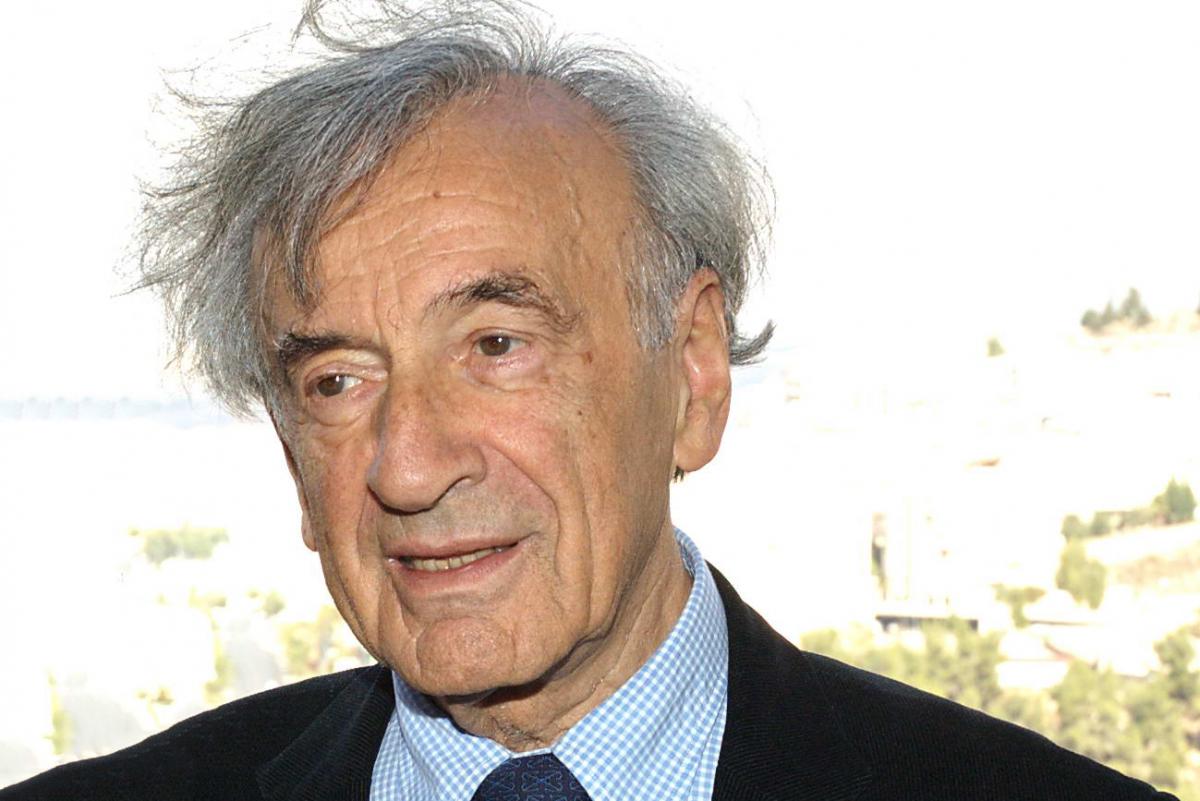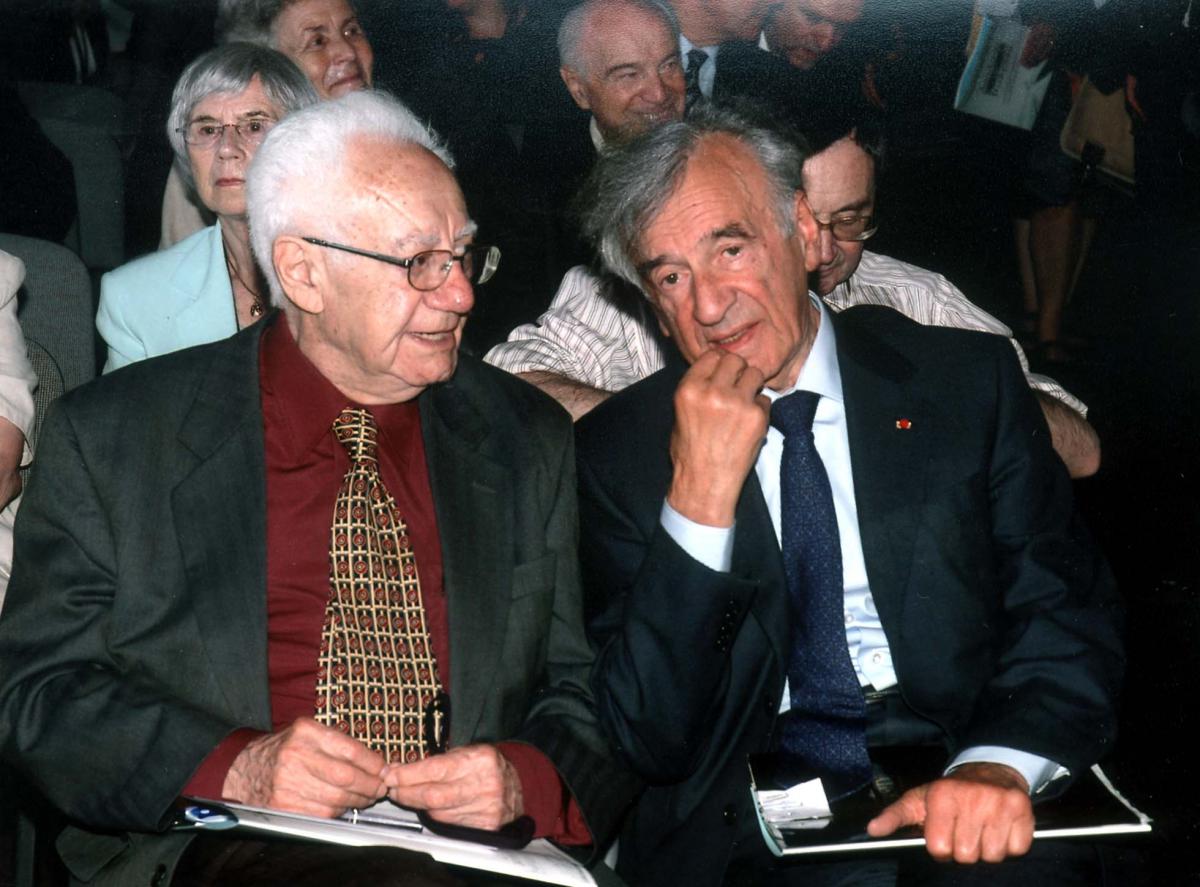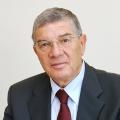



This week, we mourn the death of Elie Wiesel, z"l. His passing not only saddens and fills us with a sense of loss. It also constitutes a painful milestone in the gradual transition to an era and world lacking live personal Shoah testimony.
Elie was an exceptionally gifted witness of the Holocaust, remarkably articulating and communicating its haunting messages. An exemplary son of the Jewish people, he came to represent, embody and nurture its amazingly durable and resilient creative forces, following the Shoah. Despite the collapse of civilized morality that he witnessed and endured during the Holocaust, Elie believed, and inspired others to believe, that sincere human efforts to repair a broken world – can make a difference.
I think that it was the complementary contrasts that so characterized Elie - sadness and hope, desolation and renewal, Jewish and universal values - that helped forge his unique bond with us at Yad Vashem, to which he was deeply devoted and which he described as "the heart and soul of Jewish memory". Elie Wiesel identified intensely with Yad Vashem's commitment and ability to delve into the complex legacy of the Holocaust in order to offer empowering insights, and to convey them to a multitude of individuals and communities, both Jewish and non-Jewish.
We shared a special kinship and bond. When I first met Elie Wiesel, he told me something I will never forget. He told me that he had waited several years before meeting with me, so that he could learn more about Lt. General David "Dado" Elazar, the IDF Chief of Staff from 1972 to 1974. He wanted to learn more about Dado before meeting with me because I served as the head of his office during the Yom Kippur War. That was just the type of person he was; those were the details he was concerned with.
Personally, I have lost a friend. Though our youthful backgrounds were strikingly different, Elie and I found common cause in our shared conviction in the Jewish people's post-Holocaust continuity and future, in Judaism's ethical vision, and in our fervent love for the State of Israel.
Elie Wiesel believed to his dying day that the world must remember and relate to the legacy of the Holocaust as a unique Jewish event containing a universal human message. I know that he was encouraged that Yad Vashem is working to ensure the vibrancy and relevance of that legacy for generations to come.
May his memory be blessed.
Since 1993, Avner Shalev has been Chairman of Yad Vashem, the World Holocaust Remembrance Center. He established the Museums Complex, including the Holocaust History Museum, for which he serves as chief curator and founded Yad Vashem's International School for Holocaust Studies. He also serves as chief curator of Yad Vashem's permanent exhibition in the Auschwitz- Birkenau State Museum's Jewish Pavilion.










